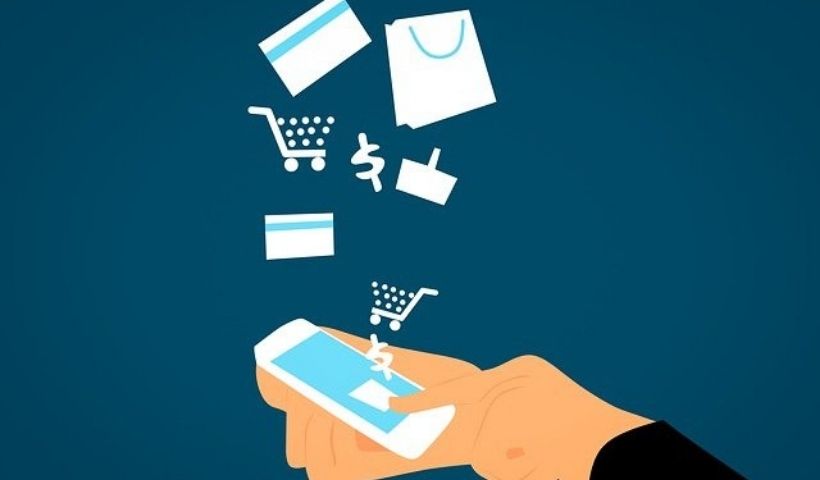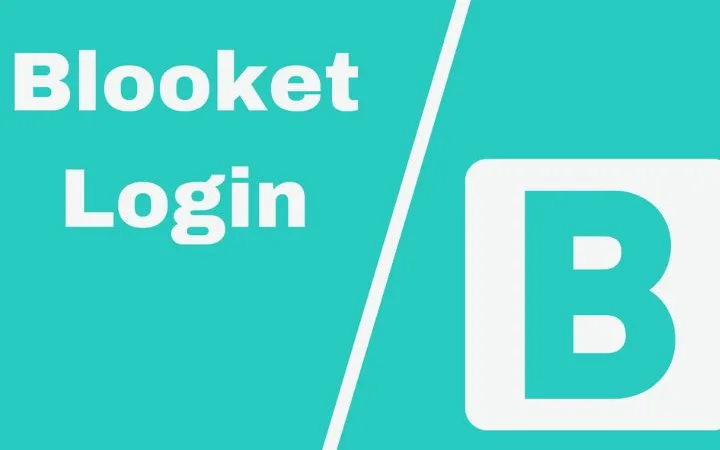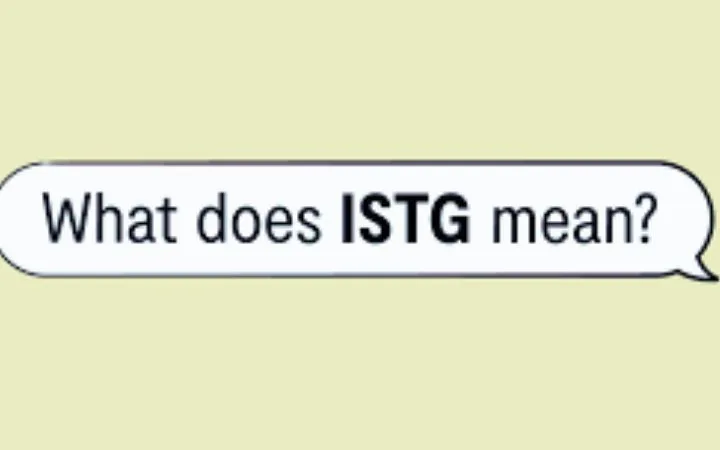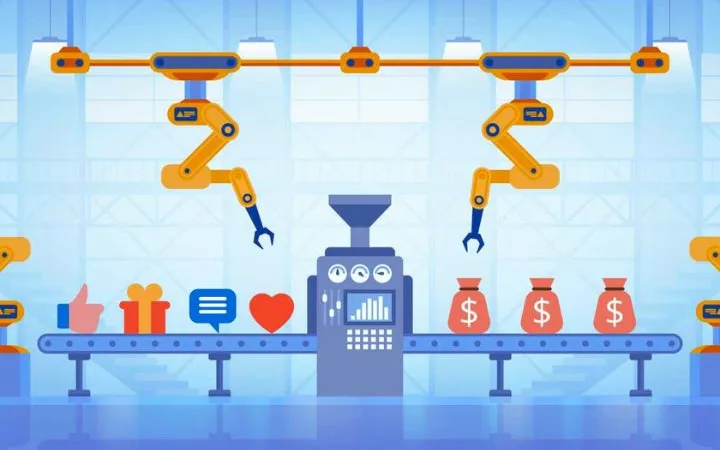What Is Ecommerce?

A system for buying and selling products and services that uses the Internet as the main means of exchange .
It would be a business that instead of having a traditional store would have an Online store to sell to the final consumer.
Table of Contents
Types Of ecommerce: B2B And B2C
There are many classifications of E Commerce based on the different types, the main one is by the type of buyer towards which the Ecommerce is directed:
- B2B ( Business-to-Business ): companies whose end customers are other companies or organizations. An example could be a company that sells ergonomic chairs to architects who in turn sell to end consumers. Link to all posts related to B2B.
- B2C ( Business-to-Consumer ): companies that sell directly to the end consumers of the product or service. It is the most normal and most are of physical products, for example the sale of Iberian hams from Guijuelo.
Forms Of e-commerce And Types Of e-commerce
Sale through your own online store
The main option of any e-commerce strategy . We create our own website to sell our products directly to end consumers. It is the option that will allow us to develop a direct relationship.
It requires a significant level of investment and a high level of commitment from the company, both in financial and human resources.
The main points to keep in mind are:
- Creation of a platform and upload of products from our catalog.
- Traffic generation through digital marketing strategies (SEO, SEM, e-mailing ..), this being the main cost / investment item in our company.
- Customer service / after-sales service to be able to work especially on user loyalty, which will be essential when making our store profitable.
Sales through bricks & clicks platforms
We are seeing how “traditional retailers” such as El Corte Inglés, Carrefour, Fnac are launching online sales in response to changes in the purchasing behavior of the final consumer.
In most cases, and in addition to their own sales, they are developing market place systems in parallel to increase their base of available products and get a better return on their website traffic. This fact represents a great opportunity for brands that are not present in these channels to start with the online world and, in a second step, access the offline world.
Sale through 100% online platforms and market places
Trading platforms or market places connect buyers and sellers from all over the world. In exchange for a fee for their presence on the platform and / or a commission for each transaction, the SME or self-employed person who opts for this model gets access to an important customer base with guaranteed traffic.
- Amazon: Platform par excellence with two possibilities to work:
- eBay: Important “player” in the market places sector , especially in the business between
- Other websites depending on the market segments (cases such as PC Components or Bebitus, for example).
Also Read : How To Improve Internet Connection On Android
Sale through flash sales or discount vouchers platforms
Platforms that channel online offers and promotions that will only be available for a short period of time and that apply large discounts on products and services to attract customers.
There are a large number of flash sales platforms , the best known being Vente-privee, Groupon or LetsBonus, but there are many others focused on specific categories of products and services.
Historically, these platforms were used to dispose of company stocks but they have evolved towards an alternative regular sales channel with specific manufacturing of product ranges for these types of platforms.






